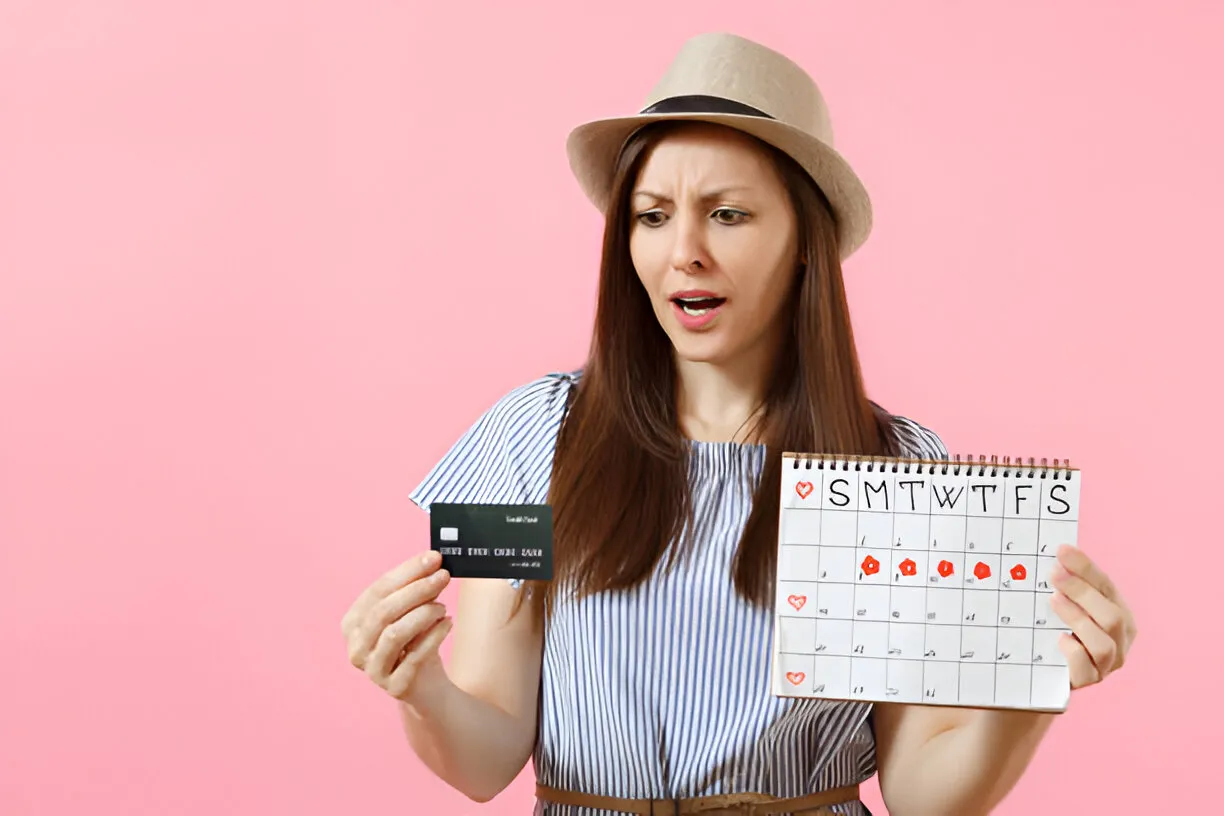
Have you ever seen a coupon that says “Only a few hours
left!” or “Expires at midnight”? If yes, you’re not alone. These countdowns
create a sense of urgency that makes you rush to buy something — even if you
weren’t planning to. But here’s the truth: most expiration dates on coupons are
carefully designed to make you act fast, not necessarily to save money.
Let’s explore how these expiration tricks work and how you
can avoid falling into the trap.
The Psychology Behind Expiring Coupons
Retailers know that urgency sells. When you see a timer
ticking down or a message like “Hurry, offer ends soon,” your brain starts to
feel anxious. This is a marketing strategy based on psychology, especially the fear
of missing out (FOMO). It makes you believe that you’re about to lose a
great deal — even if it’s not that special.
Most of the time, the coupon will either:
- Come
back later,
- Be
replaced with a similar one,
- Or
keep working even after the time “expires.”
But because of the countdown, you don’t stop to check. You
rush to buy before you "miss out."
How It Tricks You Into Buying Fast
Here’s how this tactic plays out in real life:
- Fake
Timers: Some websites reset the countdown timer every time you visit.
It looks like a limited offer, but it’s really just a loop.
- Cart
Pressure: Messages like “Your coupon will expire soon” or “Items are
not reserved” push you to check out quickly.
- Email
Urgency: You might get an email that says “Only for today,” but a
similar offer returns next week.
These tricks are meant to reduce the time you think,
compare, or ask yourself if you truly need the item. The goal is to push you
into buying quickly.
Why It Works So Well
These strategies work because:
1.
They create emotional pressure.
2.
They stop logical thinking.
3.
They give the illusion of savings.
People often regret these fast decisions later when they
realize they didn’t need the product or that a better deal was available
elsewhere.
Real vs. Fake Expiry
Not all expiration dates are fake. Some truly expire,
especially during seasonal or major sale events like Black Friday or Cyber
Monday. But in most cases, brands reuse deals with slightly different wording
to keep you engaged.
So, how do you know what’s real?
- If
it’s a major brand’s official event (e.g., “30% off sitewide on July 4”),
it may truly end.
- If
it’s just a pop-up or random countdown, chances are it’ll reset or come
back later.
Tips to Avoid Being Tricked
Want to shop smarter? Try these steps:
- Wait
24 hours before buying. If the deal is still there, it wasn’t that
urgent.
- Use
a deal website to compare codes — you might find a better one.
- Check
multiple devices or use incognito mode — some coupons reappear or reset.
- Sign
up for alerts, not panic buys — most brands email better deals later.
Final Thoughts
Coupon expiration dates are powerful tools used by marketers
to make you act fast. But faster doesn’t always mean smarter. By understanding
the trick, you can shop with more confidence and avoid unnecessary spending.
For real-time, verified, and genuine coupons, always
check FilterDiscounts.com
— your trusted source for saving smart, not rushed.



